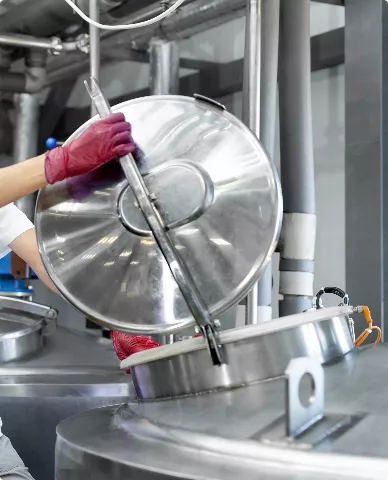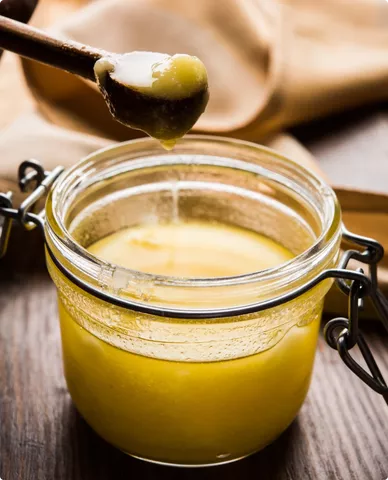Quality control
Quality control in the processing of animal by-products ensures that all products meet strict safety and quality standards. This maintains consistency and ensures compliance with regulatory requirements.
Quality control is an integral part of animal by-product (ABP) processing, designed to ensure that these products meet established safety, quality and regulatory standards. This process involves systematic monitoring and evaluation of various aspects of production to prevent defects and ensure consistency. PEPITO ensures the highest standards of quality control by incorporating these elements into production processes. By complying with strict quality control measures, we guarantee that all the animal by-products we produce are processed safely and efficiently, in full compliance with industry and regulatory standards.
Key aspects of quality control for processing ABPs
Standards and regulations:
- Regulatory compliance: Compliance with local, national and international regulations, such as EU Regulation (EC) No. 1069/2009 and Regulation (EU) No. 142/2011, which enforce standards for loading, processing and disposal of animal by-products.
- Industry standards: Adherence to industry best practices and guidelines in order to maintain high production quality.
Inspection and testing:
- Inspection of raw materials: Thorough inspection of incoming ABPs to ensure they meet quality and safety criteria.
- In-process testing: Regular testing during individual processing stages in order to monitor critical control points and maintain product quality.
- Testing of final products: Comprehensive testing of final products to verify compliance with quality and safety standards prior to market launch.
HACCP integration:
- Hazard analysis and critical control points: Application of HACCP principles to identify potential hazards and establish critical control points to minimize risks. This proactive approach ensures that any potential problems are addressed before they affect the quality of the final product.
Documentation and record keeping:
- Traceability: Maintaining detailed records of all processes – from the source of raw materials to distribution of the final product, to ensure traceability and accountability.
- Quality records: Maintaining comprehensive documentation of inspection and testing results, corrective actions and compliance with quality standards.
Continuous improvement:
- Regular audits: Conducting internal and external audits to evaluate the effectiveness of quality control and identify areas for improvement.
- Training and development: Ensuring continuous training of employees to ensure they are familiar with quality control procedures and best practices. (The PEPITO staff know this very well. :))
Customer feedback and compliance:
- Feedback mechanism: Establishing customer feedback channels to continuously improve product quality based on user experience.
- Regulatory compliance: Ensuring all products meet required regulatory standards – including labeling, safety and quality.



